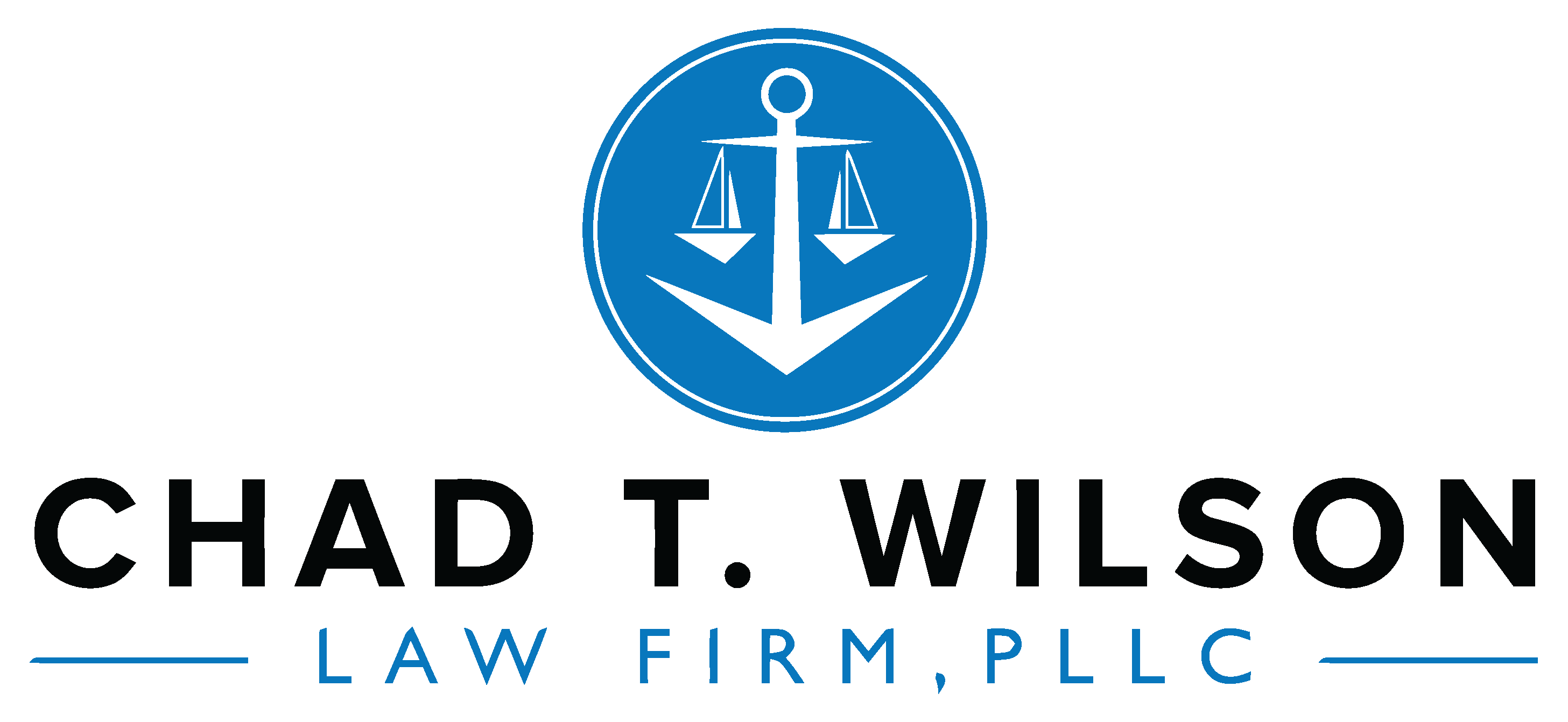
What are HVAC System Leaks?
HVAC system leaks refer to the unintended escape or discharge of refrigerant or water from components of a heating, ventilation, and air conditioning (HVAC) system. These leaks can lead to various issues, including reduced system efficiency, increased energy consumption, and potential damage to the HVAC equipment. There are two primary types of HVAC system leaks:
- Refrigerant Leaks:
- Issue: Loss of refrigerant from the HVAC system.
- Possible Causes: Corrosion, manufacturing defects, vibration, or physical damage to refrigerant lines, coils, or components.
- Signs: Reduced cooling or heating performance, hissing sounds near the refrigerant lines, ice buildup on the evaporator coil, or elevated energy bills.
- Water Leaks:
- Issue: Unwanted water discharge from the HVAC system.
- Possible Causes: Clogged condensate drain lines, damaged condensate pans, or issues with the evaporator coil.
- Signs: Water pooling around the indoor unit, wet or discolored walls or ceilings, or mold growth.
Refrigerant Leaks:
Refrigerant is a crucial component in the HVAC system, responsible for absorbing and releasing heat to achieve the desired temperature. When refrigerant leaks occur, it can result in:
- Reduced Cooling or Heating Capacity: Insufficient refrigerant levels can lead to decreased system efficiency, causing the HVAC system to struggle in maintaining the desired indoor temperature.
- Compressor Damage: Low refrigerant levels can cause the compressor to overheat, potentially leading to compressor failure.
- Increased Energy Bills: A refrigerant leak forces the HVAC system to work harder to compensate for the loss, resulting in higher energy consumption and increased utility bills.
- Environmental Impact: Some refrigerants used in HVAC systems can be harmful to the environment if released into the atmosphere, contributing to ozone depletion or global warming.
Water Leaks:
Water leaks from the HVAC system can occur in systems with air conditioning components, particularly during the cooling process. Common issues associated with water leaks include:
- Property Damage: Water leaks can cause damage to walls, ceilings, and flooring, leading to structural issues and the potential for mold growth.
- Reduced Efficiency: A clogged condensate drain or damaged condensate pan can impede the proper drainage of water, affecting the efficiency of the HVAC system.
- Mold and Mildew: Excess moisture from water leaks can create an environment conducive to mold and mildew growth, posing health risks and requiring remediation.
Addressing HVAC System Leaks:
Addressing HVAC system leaks requires professional assistance. A licensed HVAC technician can:
- Identify and Locate Leaks: Using specialized tools and equipment, technicians can identify the location and severity of refrigerant or water leaks.
- Repair or Replace Components: Depending on the nature and extent of the leak, technicians can repair damaged components, replace faulty parts, or recommend system replacement if necessary.
- Recharge Refrigerant: In the case of refrigerant leaks, technicians can recharge the system with the appropriate amount of refrigerant, following environmental regulations.
- Clear Condensate Drains: If water leaks are due to clogged condensate drains, technicians can clear the blockages and ensure proper drainage.
Regular maintenance, including checking for and addressing potential leaks, is essential to keep an HVAC system running efficiently and prevent costly issues.
Learn more about our attorneys:
https://cwilsonlaw.com/meet-the-team-chad-t-wilson-law-firm-pllc-insurance-attorney/
Follow us on Social media:
https://beacons.ai/chadtwilsonlaw
Contact our Chad T. Wilson Law Firm Office Locations to Schedule a free Consultation.
Chad T. Wilson is an attorney whose firm specializes in property insurance disputes.
« Back to Glossary Index





